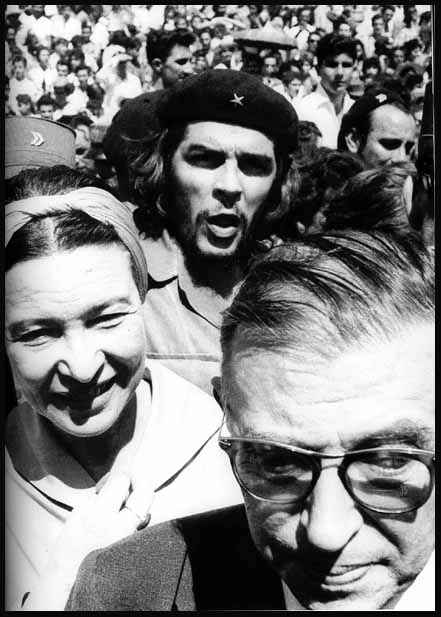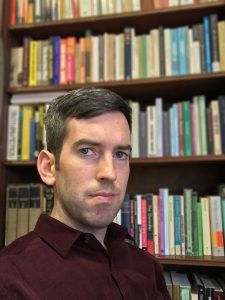HUMS 192, Modernities: Intellectuals and Power in Europe

Course Description:
HUMS 192. Intellectuals are a modern phenomenon: a social group devoted to professional knowledge and technical expertise, operating within the context of rational state administration, industrial and post-industrial economies, and a democratic public sphere. What happens when intellectuals enter into politics? Do they betray a higher spiritual calling, or do they merely practice what they preach? This seminar uses methods of intellectual history to measure the social power of ideas. Texts range widely from Olympe de Gouges’s “Declaration of the Rights of Woman” to Max Weber’s “Science as a Vocation” and from Lenin’s What Is to Be Done? to Simone Weil’s essays against technocracy. Our geographical focus is European, but additional texts by Edward W. Said, Dipesh Chakrabarty, and Houria Bouteldja expand our view to the ex-colonial periphery. We discuss themes such as speaking truth to power, liberal and conservative elitism, Marxist ideology critique, vanguardism, women as public intellectuals, antisemitism, and neoliberalism. This course challenges students to justify the autonomy of mental labor and to examine their own social and political responsibility.
Led by:
 |
Professor Terence Renaud received his Ph.D. in history from the University of California, Berkeley. Currently he is finishing his first book, New Lefts: The Making of a Radical Tradition, 1930-1970, which argues that the New Left activism that swept across Europe during the 1960s actually drew on radical precedents dating back to the interwar years. By analyzing the historical process by which “new lefts” changed into “old lefts,” the book identifies the patterns of militant behavior, non-party forms of organization, and recurrent theoretical problems that made up the phenomenon of neoleftism. Avant-garde antifascists and anti-authoritarians in Germany, France, Britain, and elsewhere represented the twentieth century’s most creative attempts to transform capitalist society and culture. His work appears in The Historical Journal, Modern Intellectual History, and New German Critique, and he is preparing a new research project on the subversive metaphor of “the underground.” At Yale he teaches in Directed Studies and offers seminars on the social responsibility of intellectuals, theories and practices of resistance, and modern revolutions. |
Testimonials:
This course was previously offered in the spring of 2016, 2017, and the fall of 2019 as a normal HUMS course. Testimonials are taken from course evaluations:
- “When speaking to other undergrads about intellectual history classes at Yale, it is clear that most either love them or hate them. If you find yourself in the former camp, I cannot recommend this class highly enough.”
- “This course does a fantastic job drawing from a very wide range of texts that have continuous dialogue with one another. I have been in few other seminars where previous readings end up organically coming back up in discussion so often.”
- “The workload was extremely manageable and Professor Renaud offers awesome feedback to really help you grow as a writer and Historian. Also, listening to him speak will make you smarter, so take this class!”
- “I absolutely loved the seminar! Terence is amazing, and the reading list was just wonderful! 10 out of 10….one of the best classes I’ve taken at Yale (and I’m a second semester senior). Take it!!”